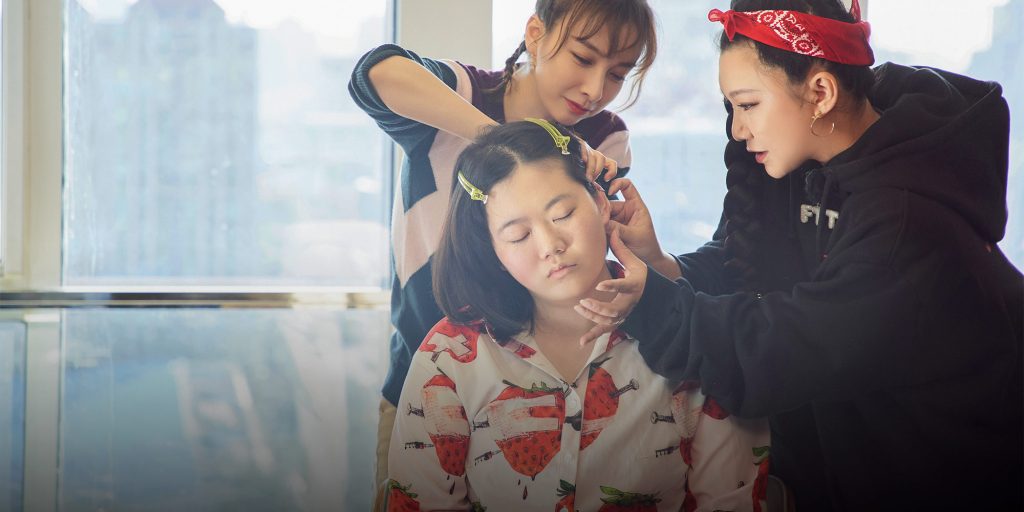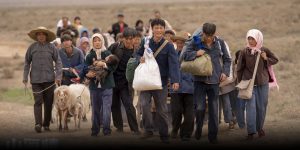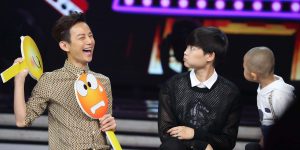It’s hard to challenge stereotypes when they’re the only thing producers want to see.
As a doctoral candidate in cultural studies with a dream of one day becoming a public figure, I have long been fascinated by reality TV — a popular and wide-ranging genre in China that has launched a number of relative unknowns, including intellectuals, to stardom. So when a talent scout asked if I’d be interested in taking part in what the show’s producers called “an observational travel program looking at the psychology of social interactions between strangers,” I leapt at the chance.
After a month of interviews and taped auditions, and several more months of waiting, the director finally told me I booked the gig — just not the one I thought. Instead of India, the show was sending me, along with eight strangers and a celebrity host, to the Caribbean. Their reasoning was admittedly flattering: They told me that my “looks and age were better suited for (that destination’s) youthful, glamorous itinerary.”
Reality and variety shows have become big business in China over the past decade and a half. From “X-Change” in 2006 to more recent hits like the celebrity team race “Keep Running” and debate competition “I Can I BB,” they all work off the same general script. Producers start by establishing contestants’ personalities and forging connections between the cast and audience. Then they spend the later episodes carefully editing footage to reinforce these constructed personas, or renshe. Contestants are incentivized to play along, since only those who can quickly establish a distinctive and memorable persona have a shot at translating their 15 minutes of fame into a sustained wanghong internet celebrity status.
My persona — the “attractive, Cambridge-educated, female Ph.D. student” — helped build exposure for both the show and for me personally. But it was also suffocating. In an ideal world, I would also be known as much for my candidness, critical thinking, approachability, and sense of humor as for my looks or credentials. Instead, watching my “authentic” persona on screen was like seeing myself with everything but the economically viable, politically appropriate traits screened out. It was a trapeze performance: thrilling but safe.
For instance, I have spent years trying to challenge sexist stereotypes, yet I quickly learned how little tolerance the producers had for anything that drifted out of the societal mainstream. Just a month before I was set to leave, one of the show’s producers informed me that I needed to go on a diet. I consider myself already on the thinner side, and the producers themselves said they selected me in part because of my looks, but they still expected me to drop 11 pounds in 30 days. “Being in front of the camera is especially unflattering, and I don’t want anyone saying that I hired a pig,” the show’s director informed me. I was furious and humiliated, but I ultimately agreed to lose the weight. Continue to read the full article here.
– This article originally appeared on Sixth Tone.







